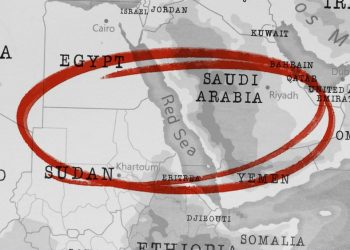Solutions to ship emissions problem and alternatives for heavy fuel oil
S4S: What is the current situation in Europe regarding safety?
WR: The number of accidents in the European area is slowly but gradually going down. The trend is that every year is, let’s say 4% less. Like road and aviation. Gradually becoming safer.
S4S: Since the Prestige disaster, environmental statistics are positive as well.
WR: There is a lot of good news but the area that needs a bit more attention, has been a little bit forgotten is the emissions from ships.
S4S: What is the main problem with the emissions from ships and what can be done?
WR: Sulphur. Sulfur in fuel does a lot harm. Sulphur in fuel means bad combustion, a lot of particulate matter. The main cause of lungs disease. Sulphur is also the cause of acid rain, meaning dying forests, limestone in cathedrals, all the statues being washed away in the sulphur. Enormous investments have been made to reduce the production of sulphur by power stations, by factories, to make trucks emit less sulphur. Nothing really has happened at sea. Nowadays 40 or 50 per cent of the sulphur in the European air is coming from sea. In the 1st of January 2015 the maximum sulphur in fuel used in the english channel, the north sea and the baltic shall be 0.1 per cent. 0.1 per cent means you can no longer use a fuel oil. You have to use marine gas oil which is 15% more expensive. So we’ve seen many shipowners or organisations complaining in Brussels that the rule needs to be extended, postponed.
S4S: Tell us about the alternatives to heavy fuel oil.
WR: There are two alternatives. Switch from oil to LNG or Scrubbers. LNG equals to zero sulphur, perfect combustion, no particulate matter, NOx very good and CO2 26 per cent less. However, even if you want as a ship owner to you can’t fill the tank anywhere. There is no bunkering system in place. European Commission is aware of that and the program now says that the development of bunkering systems for LNG in large sea ports will be co-financed by european funds. The big ports are looking at it. Once there will be an efficient distribution system for LNG in main ports, LNG will be substantially cheaper than heavy fuel oil. But not today. The north of europe will be used as a test bed for rolling out a LNG distribution system the main ports. Concerning the scrubber, there is a super scrubber that will take out all of SOx, 66% of NOx and 77% of CO2. There is a report from ABS, a statement of compliance that this system works.
Willem de Ruiter is the Executive Director of European Maritime Safety Agency (EMSA)
This interview is adapted from Willem’s presentation at 2nd Safety4Sea Forum
You may view Willem’s presentation video































































